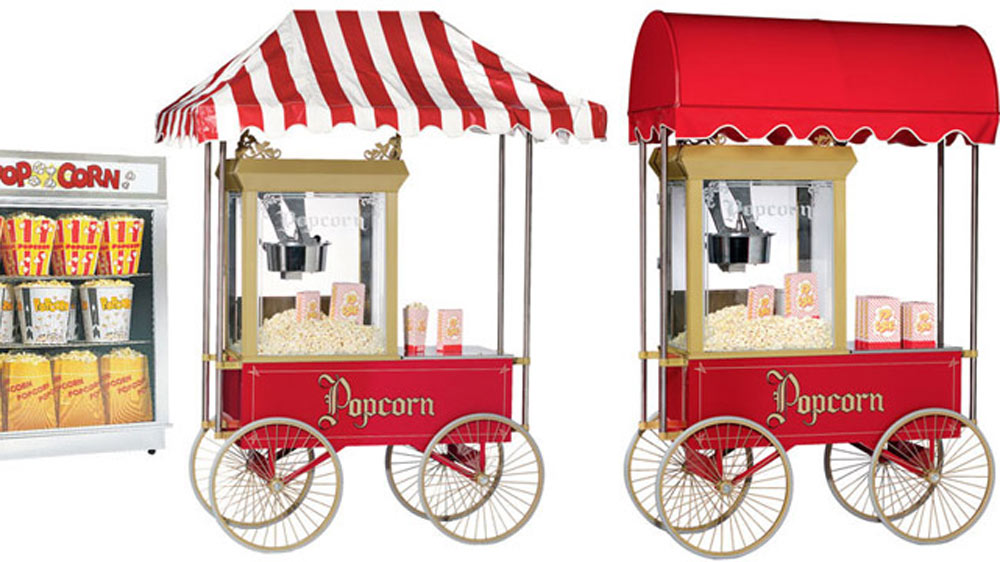
Talk to us something about your company?
Kitchenrama is a Delhi based company and I am heading it as a Director. I have been in the industry from 1987 and I started my company in 2001. Prior to this, I used to run a similar company by the name Fast Food Systems. And, since we were targeted as a company who only deals in fast food equipment, I had to re-name my company.
What is your market presence?
I have three verticals- Concession equipment and Supply that is cinema kitchen equipment and supply. We do HORECA which is hotel and restaurants and retail refrigeration where I do refrigeration for retail which is used in companies like Food Hall and Big Bazaar.
Which is the biggest vertical in terms of revenue?
Concession is the biggest vertical in terms of revenue where we have 99.9 per cent market share. We have supplied to every single cinema in India.
Which are the countries you are exporting your equipments?
We are exporting to the US, Europe and we fabricate a little bit here in India.
Who are your major clients in restaurants and hotels?
Café Delhi Heights, Nando’s is our major client in restaurants, whereas, Lemon Tree Hotels and Redfox hotel are in hotel industry.
What is the growth you are seeing in the segment?
There is tremendous growth coming in the segment. And, the growth says that food market is growing at somewhere between 18-20 per cent. Delhi alone has 97000 restaurants. Trend is healthier. Everyone is today trying to eat out. If people get food at convenient prices. The industry is bound to grow at double the prices we are sitting from now. It is on a bigger growth path.
Which your main targets focus in terms of getting business?
My focus is on refrigeration. We are one of the top sellers of Japanese refrigeration. We also sell Dish Washers and other such equipment. In HORECA my majority of the sale comes from Dishwashers and Refrigeration.
How are you pricing the equipment?
In terms of pricing available, Japanese technology refrigeration is available at a price of Indian made refrigerators. The electricity consumption on those refrigerators is half than what Indian manufacturers are today making it.
Our two door refrigerator would cost around Rs 75000-80000.
Are you also importing to other countries?
We are importing to countries like South East Asia, Indonesia, Cambodia and Thailand amongst others.
What is your expansion plan?
We have just launched the under counters. We are looking at doings bottle coolers, glass door units, sandwich units. And, these are the newer products that are coming up.
Copyright © 2009 - 2024 Restaurant India.









